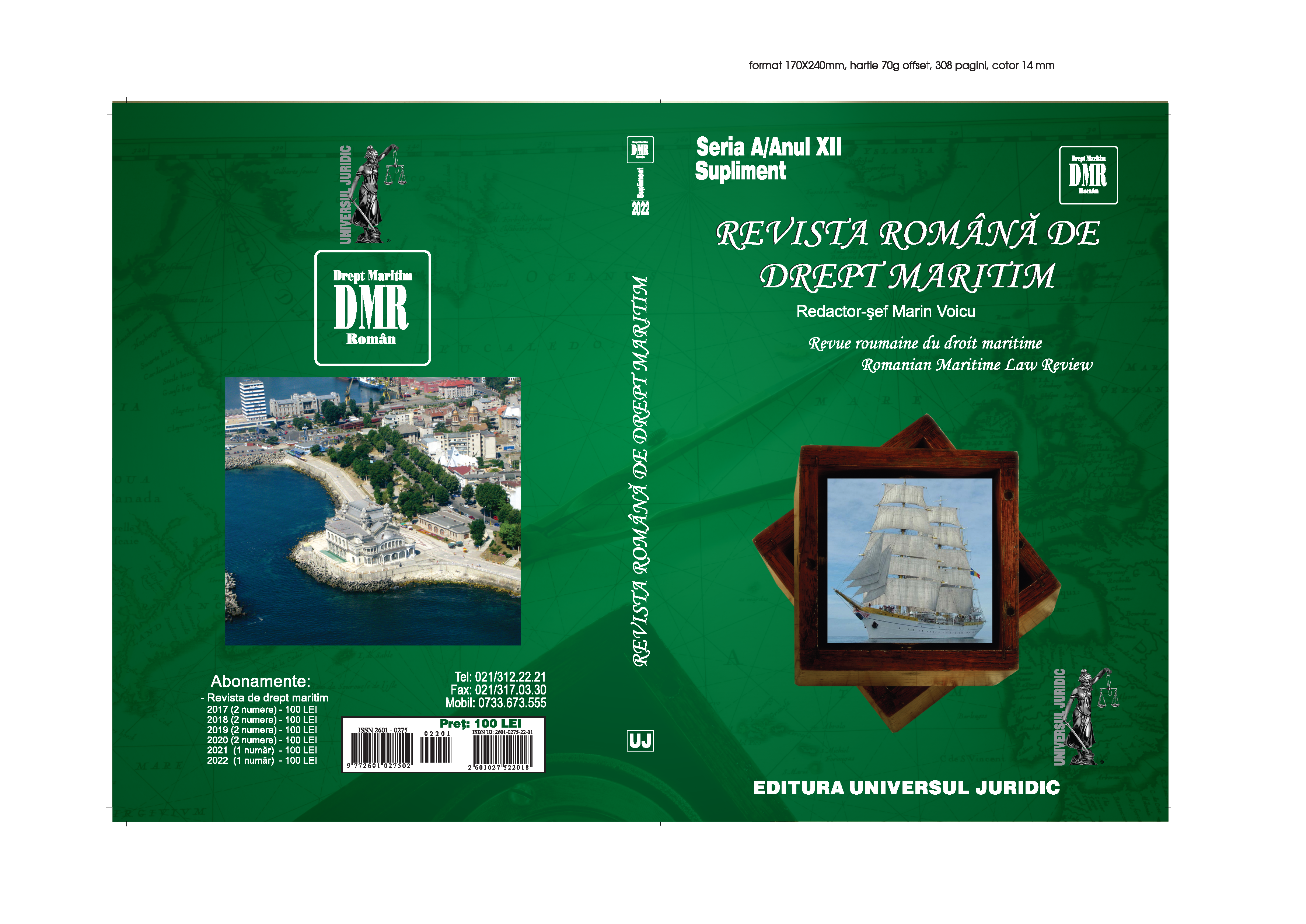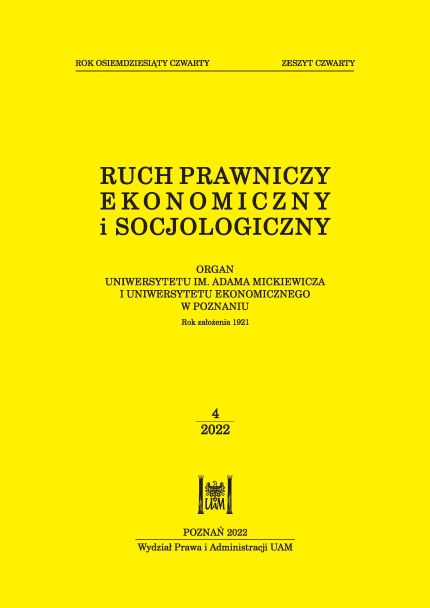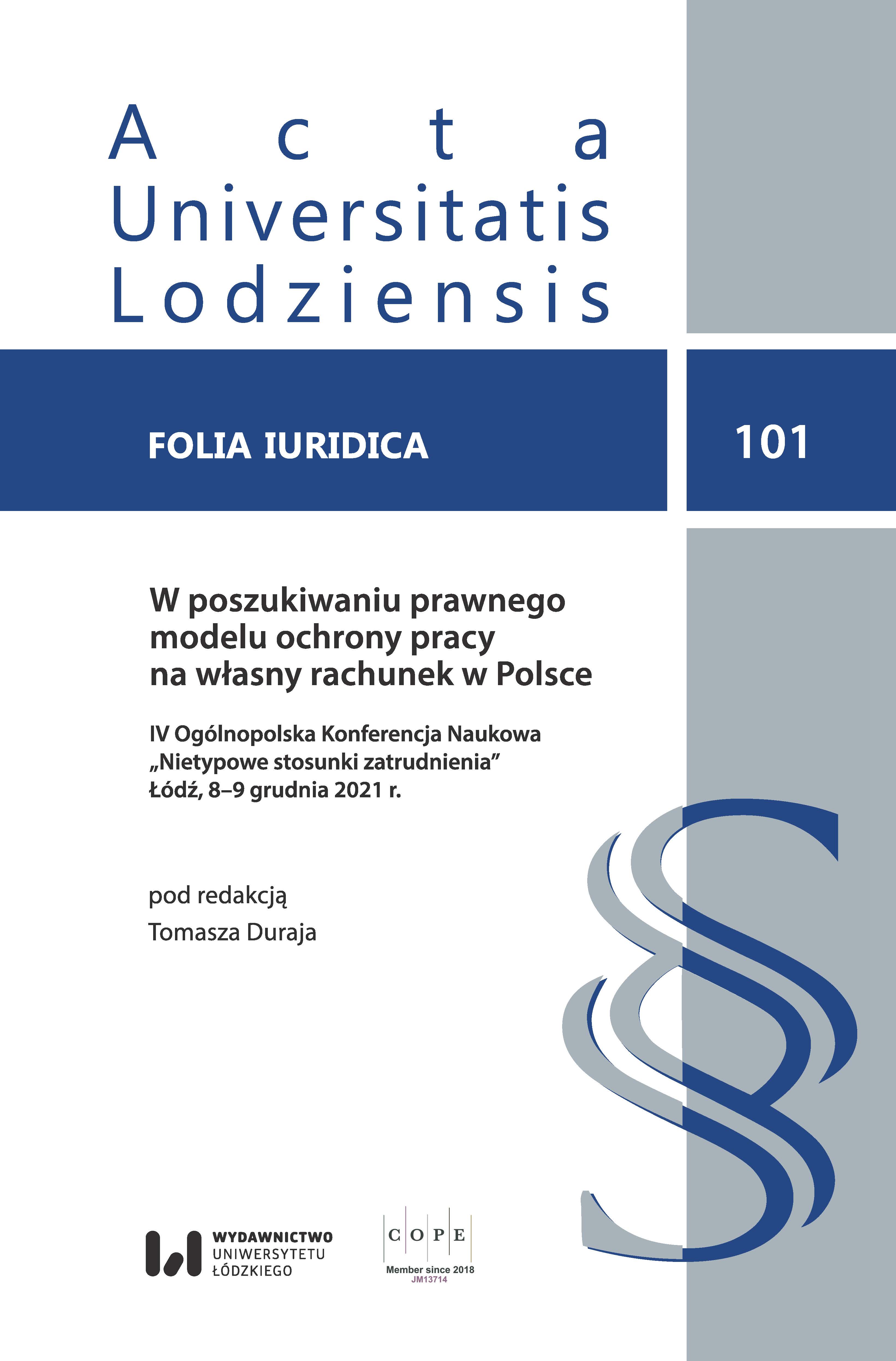
Jurisprudența maritimă ante- și interbelică – din lucrarea „Jurisprudență maritimă română”, 1887-2001
Extracts: 1. Introduction (pp. 3-14) / 2. Table of contents (pp. 620-635) / 3. Civil sentence no. 161/22.06.1928 of the Tulcea Court, in the case "The approach produced by the ship "Princess Maria" (pp. 30-44) / 4. Commercial decision no. 95/10.12.1929 of the Constanța Court of Appeal, appealed, (pp. 44-62) / 5. Civil decision no. 806/09.05.1933 of the Court of Cassation, Section III, appealed (pp. 62-67).
More...

